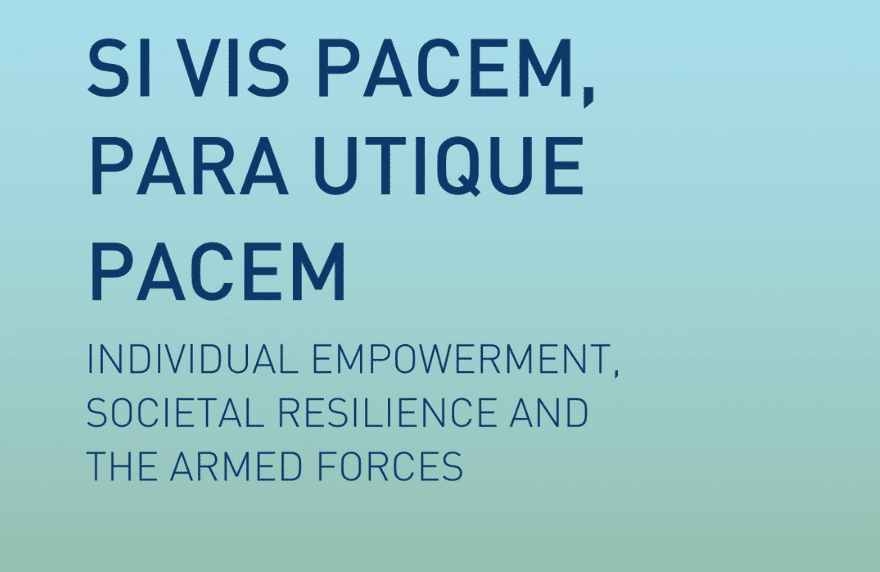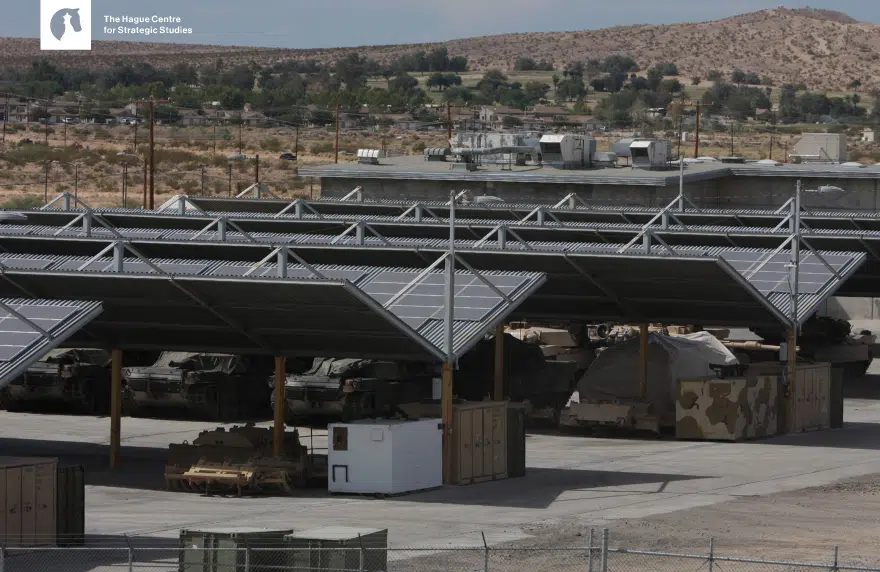Research
Analyses of the international security environment typically provide somber overviews of the various drivers and manifestations of conflict and instability around the world. Recent developments such as the terrorist attacks in Paris, Beirut and elsewhere, a Middle East in flames, a resurgent Russia, incessant violence in West Africa or turmoil in South China Sea only reinforce this view. By framing our analysis of the security environment in these terms, debates about how to anticipate and respond to these current and future threats invariably focus on those forces of instability and conflict.
This report argues that there is an alternative, complementary way of framing security that is equally real and equally actionable for defense organizations: a resilience-centric one, focused on a society’s immune system against conflict. This resilience paradigm does not center on the agents of conflict, but rather on the agents of resilience, namely individual citizens. The key argument here is the notion that individual empowerment helps to make societies more resilient and less prone to become unstable or to descend into conflict.
Examining trends and initiatives in various domains such as economics, politics, education, technology, health and the environment, this report shows that in spite of existing perceptions that the world is falling victim to ever more violence and instability, developments that help to build empowerment and that improve resilience continue unabatedly. Advocating a bottom-up approach, it argues that defense organizations can contribute in multiple ways to fostering individual empowerment in the theatres where they operate, and can thus bring much more to the table in terms of stabilizing societies apart from their military wherewithal. In other words, if you wish for peace, do not only prepare for war, but also for peace. Hence the title si vis pacem, utique para pacem.
The report can be downloaded here.







